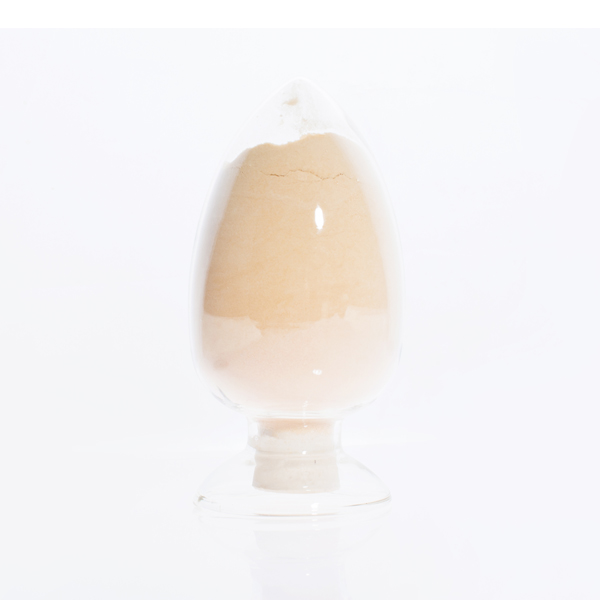
News
أغسطس . 10, 2024 11:40 Back to list
Exploring the Unique Properties and Benefits of Polyglutamic Acid in Skincare and Wellness
The Properties and Benefits of Polyglutamic Acid
Polyglutamic acid (PGA) is a fascinating biopolymer that has gained attention in various fields, particularly in cosmetics, pharmaceuticals, and agriculture. It is a natural polymer composed of glutamic acid residues, and its unique properties make it an intriguing subject for research and application.
Structure and Composition
Polyglutamic acid consists of a chain of glutamic acid molecules linked together through peptide bonds. This polymer can vary in length, leading to different molecular weights, which significantly influence its properties. As a negatively charged polymer at physiological pH, PGA exhibits a high degree of hydrophilicity, allowing it to attract and retain moisture effectively. This characteristic is essential in skincare products, where hydration is a key concern.
Moisture Retention and Hydration
One of the most notable properties of polyglutamic acid is its ability to hold moisture. It can hold up to 5,000 times its weight in water, making it an excellent humectant. This property is particularly beneficial in cosmetic formulations, as it helps to maintain skin hydration and elasticity. In comparison to hyaluronic acid, a well-known hydrating agent, PGA has a more extended retention time in the skin, offering prolonged moisturization. This effective moisture retention can lead to improved skin texture and a reduction in the appearance of fine lines and wrinkles.
Skin Benefits
polyglutamic acid properties quotes

The use of polyglutamic acid in skincare products has been extensively researched, revealing its potential to enhance skin barrier function. By improving the skin’s ability to retain moisture, PGA can help alleviate dryness and prevent conditions such as eczema and dermatitis. Additionally, due to its biocompatibility and low irritation potential, PGA is suitable for sensitive skin types. Its gentle nature makes it an appealing alternative to harsher ingredients often found in skincare formulations.
Antioxidant Properties
Beyond its hydrating abilities, polyglutamic acid has demonstrated antioxidant properties that contribute to skin health. Antioxidants play a crucial role in neutralizing free radicals, which are harmful molecules that can lead to premature aging and skin damage. By incorporating PGA into skincare routines, individuals may benefit from enhanced skin protection against environmental stressors, further promoting a youthful appearance.
Applications in Agriculture
The benefits of polyglutamic acid extend beyond cosmetics. In agriculture, PGA is increasingly sought after for its ability to enhance soil moisture retention and improve nutrient delivery to plants. When used as a soil conditioner, polyglutamic acid aids in the prevention of water loss, allowing crops to thrive in arid conditions. Its biodegradable nature aligns with sustainable farming practices, making it an attractive alternative to synthetic polymers.
Conclusion
In summary, polyglutamic acid is a multifaceted biopolymer with remarkable properties that make it valuable in various applications. Its exceptional moisture-retention capabilities, skin benefits, and potential use in agriculture underscore the versatility of this natural compound. As research continues to unveil its full range of applications, polyglutamic acid is poised to play a significant role in advancing both cosmetic formulations and sustainable agricultural practices. The future looks bright for this bioactive polymer, promising enhanced wellness for both the skin and the environment.
-
Polyaspartic Acid Salts in Agricultural Fertilizers: A Sustainable Solution
NewsJul.21,2025
-
OEM Chelating Agent Preservative Supplier & Manufacturer High-Quality Customized Solutions
NewsJul.08,2025
-
OEM Potassium Chelating Agent Manufacturer - Custom Potassium Oxalate & Citrate Solutions
NewsJul.08,2025
-
OEM Pentasodium DTPA Chelating Agent Supplier & Manufacturer High Purity & Cost-Effective Solutions
NewsJul.08,2025
-
High-Efficiency Chelated Trace Elements Fertilizer Bulk Supplier & Manufacturer Quotes
NewsJul.07,2025
-
High Quality K Formation for a Chelating Agent – Reliable Manufacturer & Supplier
NewsJul.07,2025
